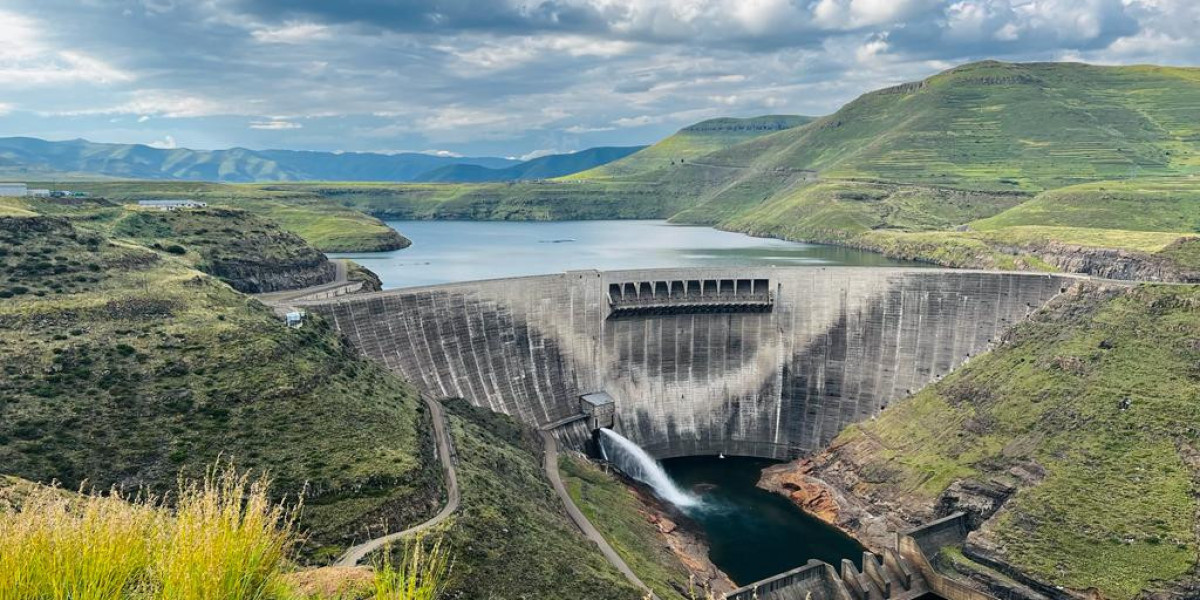This joint effort by the Lesotho Highlands Development Agency and Trans-Caledon Tunnel Authority aims to ensure optimal water supply but will impact users along the Vaal River System and several local municipalities in the Free State.
The Lesotho Highlands Water Project Tunnel, a vital component of water supply infrastructure, is bracing for a six-month maintenance closure slated to commence on October 1, 2024. This planned shutdown, facilitated by collaborative efforts between the Lesotho Highlands Development Agency and Trans-Caledon Tunnel Authority, underscores the importance of maintaining critical infrastructure to uphold water supply reliability.
The transfer tunnel, which links the Katse dam with the Muela power station and Muela dam, plays a pivotal role in water distribution, particularly for Integrated Vaal River System water users. Additionally, a delivery tunnel connecting Muela dam with the Ash River Outfall works is essential for ensuring efficient water delivery to various areas, including those between Clarens and Bethlehem.
Commissioned in January 1998, the Lesotho Highlands Water Project Tunnel has served as a lifeline for communities and industries reliant on its consistent water supply. However, as with any infrastructure, periodic maintenance and repair are imperative to sustain optimal functionality.
The forthcoming closure, spanning from October 1, 2024, to March 31, 2025, is prompted by the need for extensive maintenance and repair works within the tunnels. Recognizing the potential implications on water availability, especially for South Africa's Vaal River System and users along the Liebenbergsvlei river, the Department of Water and Sanitation (DWS) has issued a cautionary notice.
According to the DWS, the impending shutdown will impact various stakeholders, including Mafube, Nketoana, and Dihlabeng local municipalities in the Free State. However, proactive measures are being undertaken to mitigate disruptions to water supply in these areas. The DWS is actively engaging with affected municipalities, ensuring that contingency plans are in place to sustain water supply throughout the closure period.
Despite these efforts, the closure is anticipated to affect water availability from the rivers, necessitating prudent water usage by communities residing along the affected areas. The DWS emphasizes the importance of conserving water resources during this period, urging stakeholders to adopt water-saving practices to alleviate strain on existing water reserves.
In summary, while the Lesotho Highlands Tunnel's maintenance closure is essential for ensuring long-term water supply reliability, it underscores the interconnectedness of water systems and the necessity for proactive planning to mitigate disruptions to water-dependent communities and industries.








